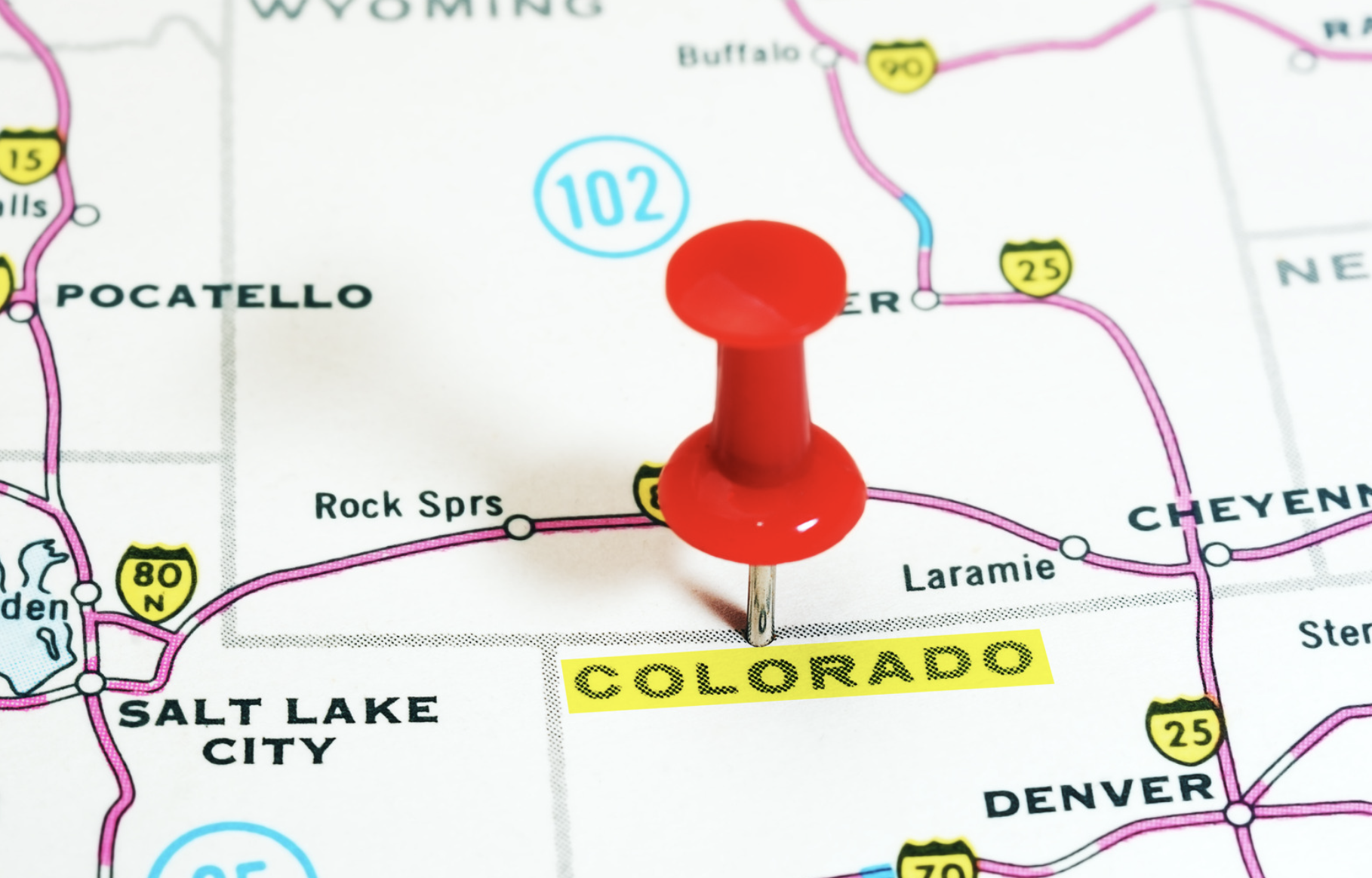Colorado ranks among the worst states in the nation for mental health and addiction issues. The vast majority of the state is rural, exacerbating patient isolation which has been shown to contribute to addiction rates. The remote nature of many parts of Colorado also means that access to quality, evidence-based addiction treatment in the state is compromised in many areas.
While addiction rates in Colorado are on the rise, the state is launching many new harm reduction efforts to curb addiction and promote treatment. Colorado requires many - but not all - new addiction treatment centers to seek licensure with the state, but it allows for unlicensed facilities to operate with some caveats. Colorado also has a process for requesting exemptions from certain parts of the state’s addiction treatment regulations, if providers need to tailor requirements to their specific needs in order to open their doors.
Today, we’ll learn more about what goes into opening an addiction treatment center, or rehab, in Colorado.
The Need for Addiction Treatment in Colorado is Real
State figures show at least 1,340 Coloradans have overdosed in 2021, which represents a 22% increase from 2020. The jump in overdose deaths from the previous calendar year, 2020 to 2021, was even higher: 38%. These jumps are the largest in more than 20 years. Experts attribute the change to pandemic-related stress coupled with the proliferation of fentanyl in the state. Colorado has also seen a 50% increase in amphetamine-related deaths, as well as a 62% increase in cocaine-related deaths. Even alcohol-related deaths are up by 13% in recent years in Colorado.
Overall, Rio Grande, Las Animas and Alamosa counties, all of which are rural counties located in southern Colorado, have seen the worst rates of overdose deaths. Public health officials speculate that the dearth of treatment options in Front Range counties accounts for the high death rates in those areas.
Not All Addiction Treatment Centers Need to Get Licensed in Colorado
The Colorado Department of Human Services, Office of Behavioral Health (OBH) is responsible for administering Colorado’s addiction treatment center licensing program. According to the state’s website, only addiction treatment centers that are seeking to accept “public funding” like Medicaid, are required to seek licensing:
Private substance use treatment programs that do not accept public funding including outpatient and residential programs, sober living homes, recovery services, non-clinical groups such as AA, sports or physical therapy programs for individuals in recovery.
Note that if your organization is exempt from the requirement to seek licensing, you may still elect to do so. Like virtually any state licensing program, the licenses granted by Colorado are not transferable upon sale of your addiction treatment center. In other words, every new owner must seek a new license from the state, even if the center was licensed previously.
Understanding the Difference Between Addiction Treatment Center Licensing and Designations in Colorado
Like many states, Colorado has a unique way of dividing up the types of services and licenses it grants for addiction treatment agencies. In Colorado, there are two types of regulatory endorsements addiction treatment centers might seek: licensing and endorsements.
Licensing applies to organizations that treat DUI patients, treat criminal justice-involved patients, receive public funding, and/or dispense controlled addiction treatment medications like methadone.
Endorsements apply to community health agencies and other settings that contract with Colorado’s office of behavioral health to provide mental health treatment.
In most cases, private, for-profit addiction treatment centers seek licensing, but not endorsement. Review Colorado’s requirements carefully to see which type of regulation applies to your addiction treatment center.
Review the Code of Colorado Regulations That Apply for Your Addiction Treatment Center Before You Open Your Doors
Part of doing your due diligence before opening an addiction treatment center in Colorado is reading up on all the rules and regulations that the state has in place that govern what your addiction treatment center can and cannot do, the staffing requirements you’ll need to meet, as well as the clinical rigor you’ll need to apply throughout your organization.
You’ll find Colorado’s Code of Colorado Regulations, CCR 502-1 to be your most useful document concerning state regulations.
Colorado’s behavioral health department also maintains a great FAQ section that speaks to many addiction treatment provider’s initial licensing questions in plain English, which is actually a rarity among addiction treatment center state licensing programs.
If Your Addiction Treatment Center Will Seek Licensing in Colorado, You’ll Need to Sign Up for the LADDERS System
Like many states, Colorado has moved its addiction treatment center licensing efforts to a paperless platform. In Colorado, that platform is called the LADDERS system. In order to begin or complete your addiction treatment center licensing application, you’ll need to use the LADDERS system to submit forms and other attachments to the state, as Colorado is no longer accepting paper applications. You can sign up for your LADDERS system login credentials here.
Colorado Needs Your Addiction Treatment Center! We Can Help You Open It.
Behave Health is committed to making it easier - and more profitable - to operate evidence-based, results-focused addiction treatment centers.
Get your free trial started today and see why more addiction treatment centers prefer Behave Health.
Need help with certification? Behave Health can also help direct you to the right resources for help with Licensing or Accreditation by either The Joint Commission or CARF. Mention to your product specialist that you’re interested in this service after you start your free trial!







